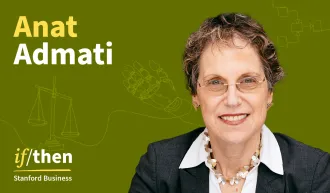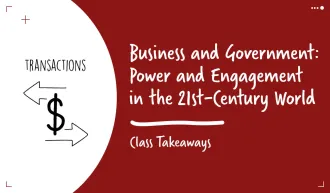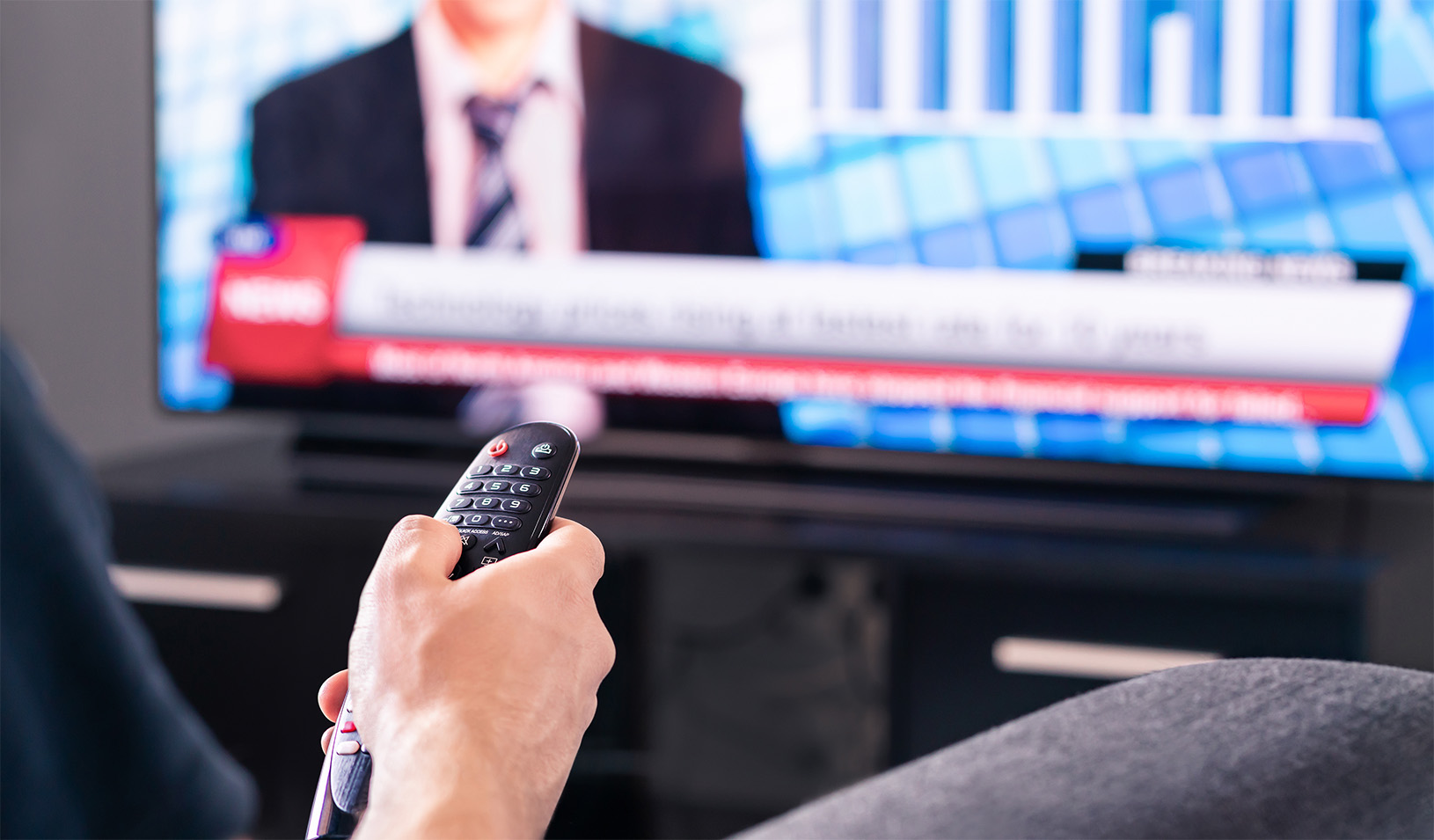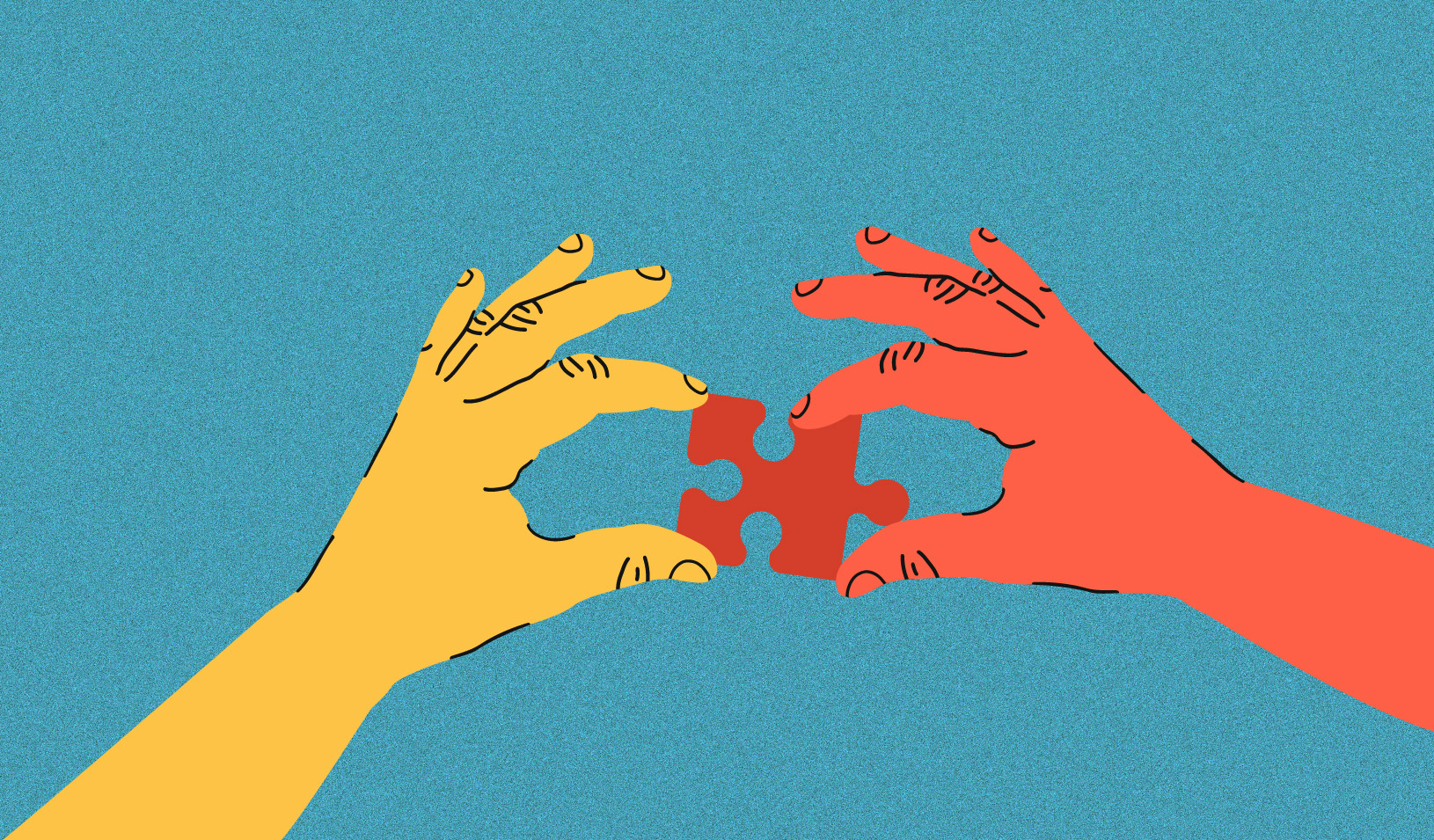Prosocial Behavior Research: Winter 2013 Column
What inspires people to act selflessly, help others, and make personal sacrifices? Each quarter, this column features one piece of scholarly research that provides insight on what motivates people to engage in what psychologists call “prosocial behavior”—things like making charitable contributions, buying gifts, volunteering one’s time, and so forth. In short, it looks at the work of some of our finest researchers on what spurs people to do something on behalf of someone else.

In this quarter’s column, we explore giving the gift of our time to others. It’s a fact that most Americans are feeling more time-constrained than ever. With waking hours largely consumed by work, precious minutes remain for the daily list of to-dos, including exercise, cleaning, and socializing with friends and family. For some, time has become an even more valuable resource than money. Indeed, twice as many Americans would prefer two weeks of vacation over two weeks of extra pay. People’s sense that time is scarce decreases their willingness to give time to others - be it individuals or worthy organizations.
A recent paper published in Psychological Science, however, shows that helping other people can actually increase feelings of “time affluence” and alleviate the perceived ”time famine.” The research demonstrates that spending time on others makes people feel like they have done a lot with their time - and the more they feel they have done with their time, the more time they will feel they have.
In the first of four studies conducted by Cassie Mogilner, Zoë Chance, and Michael Norton, participants carried out five-minute tasks in which they either gave their time or wasted it. Participants in the giving-time condition wrote an encouraging note (which was subsequently mailed) to a gravely ill child. Participants in the wasting-time condition were instead asked to complete a filler task that required counting the letter “e” in multiple pages of Latin text.
Participants who gave time by writing to a sick child felt like they had more time than those who wasted time. Although both giving time and wasting time could signal that one has an abundance of time, only giving time led participants to perceive their time as more abundant.
In a follow up, people were assigned either to “spend 10 minutes doing something for yourself that you weren’t already planning to do today” or “spend 30 minutes doing something for someone else that you weren’t already planning to do today.” The results were similar. Spending time on others seemed to “expand the future” in contrast to spending time on oneself.
In the third study, some participants spent fifteen minutes helping an at-risk student from a local public high school by editing his or her research essay. Others were told all the essays had been edited, and they could leave early - thus essentially being granted “free” time. Participants who gave their time helping felt as though they had more time than those who received an equivalent amount of “free” time.
Moreover, those who had received the “windfall” of fifteen minutes completed an average of seven minutes less work on an additional task than those who had spent the time helping another. These results suggest that spending time prosocially may increase how much one does in the future, not just prosocially but also more generally.
A fourth study involved participants vividly describing a recent expenditure of time doing something that was not part of their normal responsibilities - either for someone else or for themselves. Consistent with the findings of the previous studies, participants who remembered giving time felt they had more time than participants who remembered spending time on themselves. Also as predicted, participants who gave time felt more effective than those who spent time on themselves.
The finding that giving time increases perceptions of having time by increasing feelings of self-efficacy is welcome news in light of research showing the detrimental consequences of time pressure on happiness, stress levels, and prosocial behavior. Although feeling starved for time generally leads individuals to prioritize spare hours for themselves - decompressing in front of the television or getting a massage, for example - these results suggest that if people instead spent time on others, they might feel less time constrained and better able to complete their myriad tasks and responsibilities.
In short, when individuals feel time constrained, they should become more generous with their time - despite their inclination to be less so.
The paper, “Giving Time Gives You Time,” Cassie Mogilner, Zoë Chance, and Michael I. Norton, appears in Psychological Science 23(10), 1233 –1238.
More groundbreaking research about prosocial behavior will come in the spring quarter.
Research selected by Professor Frank Flynn, Professor of Organizational Behavior and The Hank McKinnell-Pfizer Inc. Director of the Center for Leadership Development and Research at the Stanford Graduate School of Business.
For media inquiries, visit the Newsroom.






